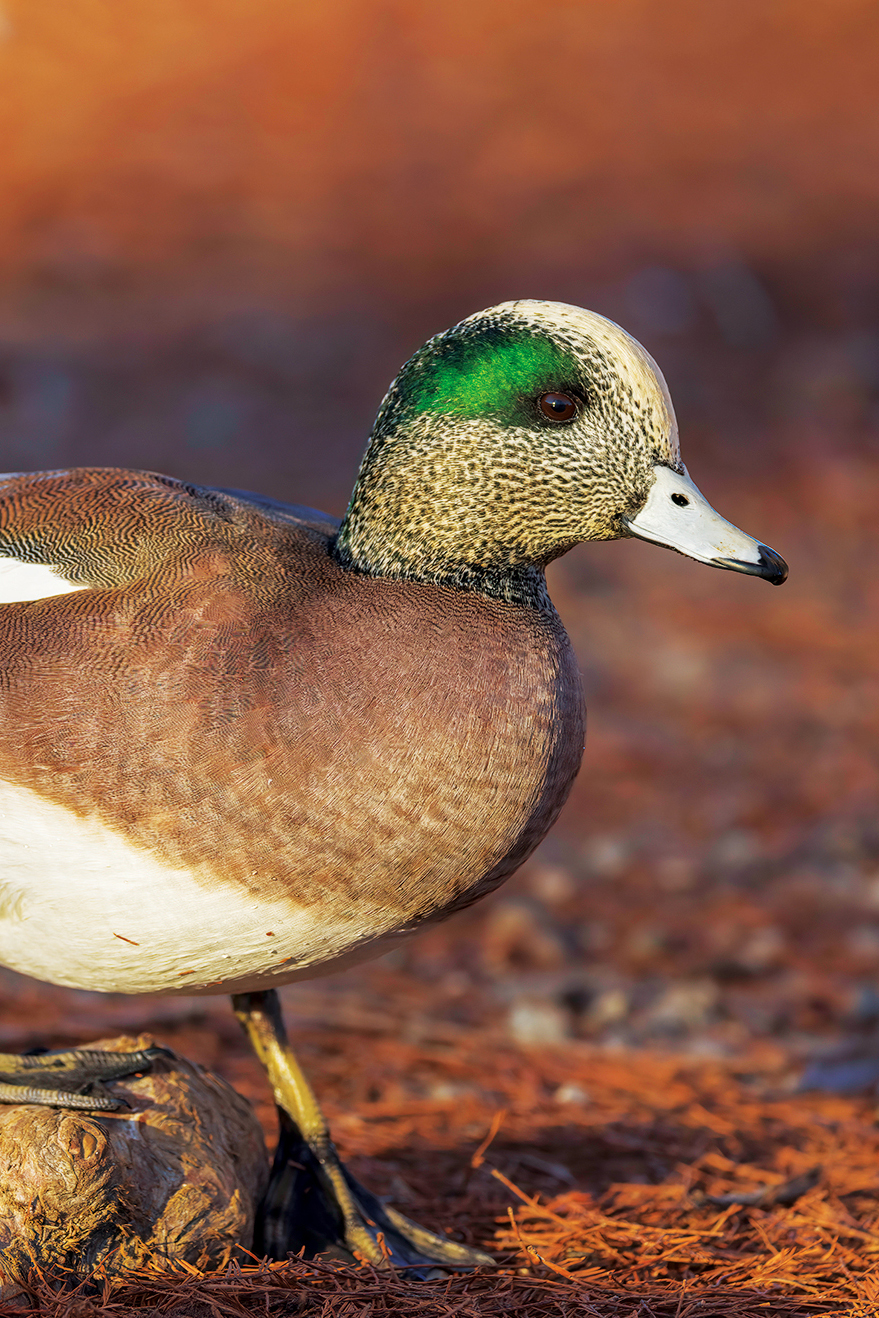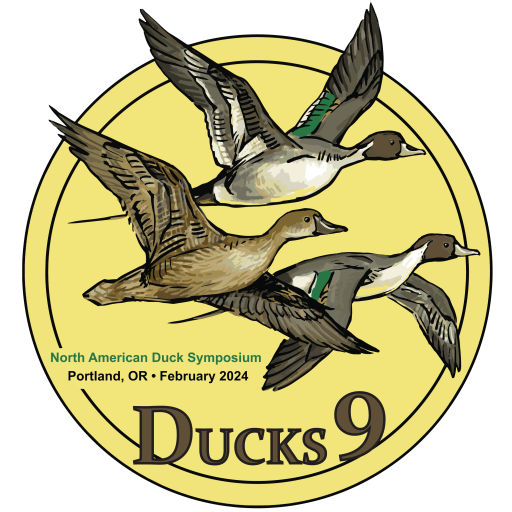
Abstracts
Important Dates:
- Abstracts submissions open: Now Open
- Abstract close date: Deadline extended to Wednesday, October 25, 2023
Abstract Submission Guidelines:
Abstracts will be submitted through the abstract submission portal button.
Abstracts should be a maximum of 300 words, not including the title, author names and addresses, and keywords. Please keep titles as short as possible and provide 5-7 keywords that you feel best characterizes your work.
The lead author will be required to provide an email address that can be used for communications with the conference Science Committee. Addresses for all authors should be abbreviated, (e.g., B. Dugger, Oregon State University; M. Petrie, Ducks Unlimited Inc., L. Webb, USGS Missouri Cooperative Fish and Wildlife Unit, J. Gammonley, Colorado Parks and Wildlife). Upon submission, you will be asked if all listed authors approved the abstract.
You will be asked to indicate if you are submitting your abstract for consideration as an oral presentation, poster, or either and if your submission is part of an organized plenary or mini-symposium.
When asked for your Employer/Affiliation, please use the Select Employer button to search for a listed employer. If your appropriate Employer/Affiliation is not in the system use the +Add an Unlisted Employer option at the bottom of that window to add your specific Employer/Affiliation.
Abstract Submission Student Notes:
We will use the abstract submission portal to collect additional information from students to help us plan for presentation judging, student travel awards, and the Tuesday morning plenary session. Additional questions we will ask students include:
1. What degree type are you pursuing (Masters, PhD)?
2. What year did you graduate or do you anticipate that you will graduate?
For the purposes of judging student presentations, a “student” will include early career professionals who were too early in their degree program to present their research at the 8th duck symposium in Winnipeg (August 2019), but have since graduated. Research presented by such individuals must be from work they conducted as an undergraduate or graduate student.
For the purposes of student travel awards, you must be an active student when you apply or have graduated during the 2023 calendar year.
3. Do you want to be considered for a poster or presentation award?
4. Do you want to be considered for an oral presentation delivered during the Tuesday morning plenary?
The science program for Ducks9 will commence on Tuesday morning with a keynote talk by the inaugural Al Afton Plenary award winner. Following that talk, the remainder of the morning plenary session will be dedicated to student presentations, providing an opportunity for some students to speak to all conference attendees. Students must “opt in” to be considered for this specific spot on the program. The conference Science Committee will select the talks, looking for novel work, work that leads to strong inference, or work that has impactful management implications. Abstracts not selected for the morning plenary will be considered for a place in the remainder of the program, so requesting consideration for the Tuesday morning plenary does not decrease your chances of ultimately giving a talk. The definition of “student” follows that for presentation awards outlined above, with the added restriction that work the student would present has not yet been published.
5. Do you want to be considered for a student travel award?
We will ask for some additional information including:
- Will your major professor be providing some support for travel?
- Can you please provide broadly itemized information for your travel expenses, assume $150/night for lodging?
